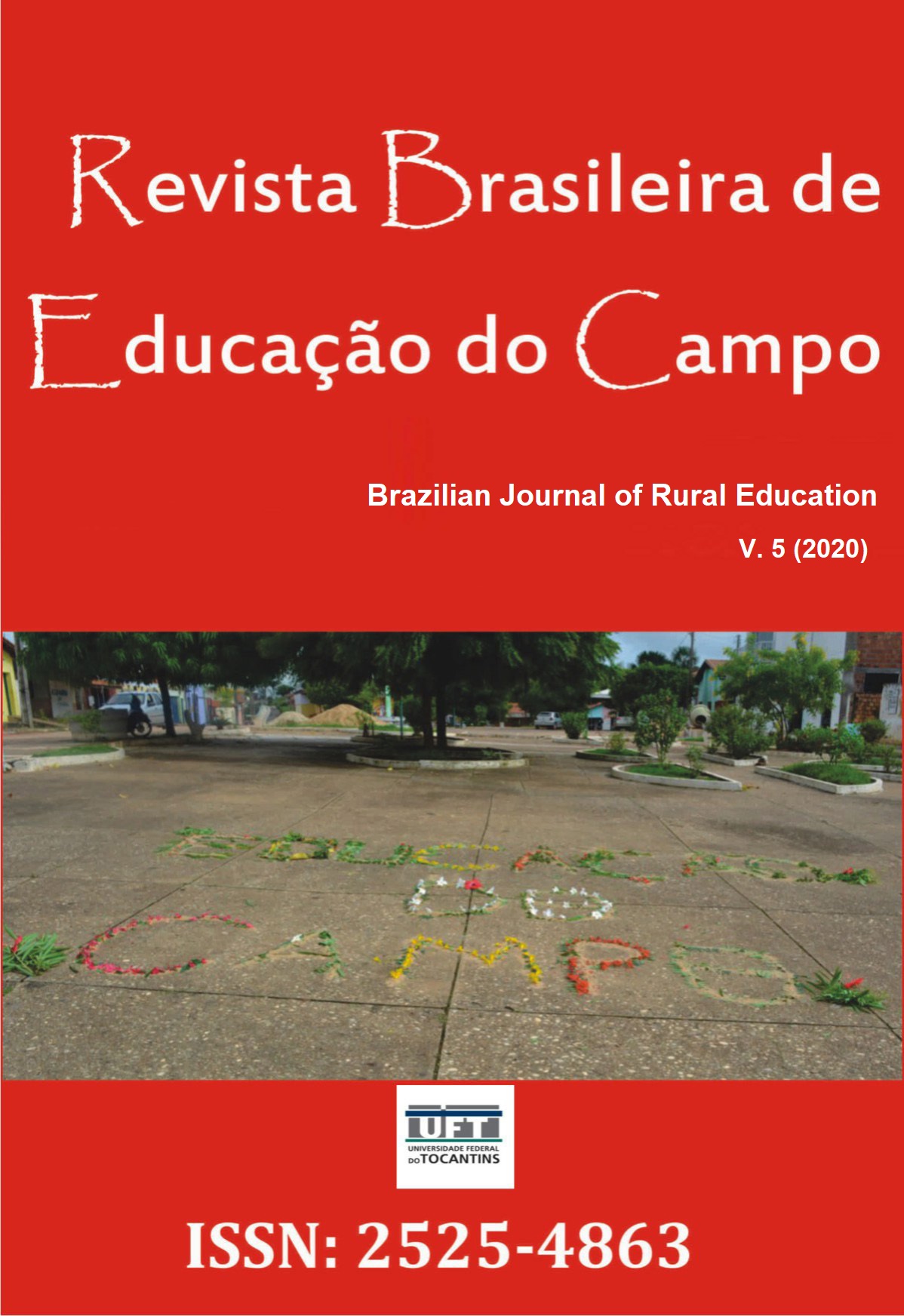Working the relations of gender and the women history at the teaching practices
DOI :
https://doi.org/10.20873/uft.rbec.e3328Résumé
ABSTRACT. The idea of performing the First and the Second Seminars on Countryside and City Women of São Lourenço do Sul/Rio Grande do Sul, in 2015 and 2016, arises from a local need to think about public policies for rural and urban women. In this sense it has been tried to think of the diversity and the specificities of women and women's groups, existing in the municipality. In the First Seminar, held at the FURG/SLS Campus, it was provided a broad debate with an academic community and Lourenciana community, on issues related to women’s health, work, violence against women, human rights and especially Education rights. So, in this first event, issues related specifically to countryside and city women were discussed. In the Second Seminar, it was possible to discuss prejudices and racisms, experienced by Pomeranian, black, quilombola, farmer, indigenous, riverine and transsexual women. In this seminar, it was aimed to hold an event that discussed with the academic community of the FURG/SLS Campus and with the Lourenciana Community, to think about the prejudice among us, empowerment and strengthening among us women, and women's groups in the city of São Lourenço do Sul and region. The thinking about prejudices, including the woman to woman. Both events sought to highlight a broader look at gender, feminism, rights, violence and education issues. Building and contributing to these women, regardless of race or ethnicity, to have a vision of importance and beauty as women, Opening a field for empowerment and for exchanges of more knowledge.
Téléchargements
Références
Caldart, R. S. (2012). Pedagogia do Movimento Sem Terra. São Paulo: Expressão Popular.
Costa, A. A. (2008). Gênero, poder e empoderamento das mulheres. Recuperado de http://www.adolescencia.org.br/empower/website/2008/imagens/textos_pdf/Empoderamento.pdf.
Deus, L. M. S. (2011). Mulheres negras e empoderamento. In Sousa Júnior, J. G., Apostolova, B. S., & Fonseca, L. G. D. (Orgs.). Introdução crítica ao direito das mulheres. Série O Direito Achado na Rua. v. 5. Brasília: CEAD, FUB.
Freire, P. (1984). Pedagogia do Oprimido. Rio de Janeiro: Editora Paz e Terra.
Gebara, I. (2000). Rompendo o silêncio: uma fenomenologia feminista do mal. Petrópolis: Editora Vozes.
Gebara, I. (2008). Epistemologia, violência, sexualidade: olhares do II Congresso Latino Americano de Gênero e Religião. São Leopoldo: Sinodal.
Jusbrasil. (2016). Preconceito e violência contra mulheres indígenas são pautas da IV Semana do Índio. Recuperado de http://oab-ms.jusbrasil.com.br/noticias/100481115/preconceito-e-violencia-contra-mulheres-indigenas-sao-pautas-da-iv-semana-do-indio
Sachs, I. (2000). Caminhos para o desenvolvimento sustentável. Rio de Janeiro: Garamond.
Saffioti, H. (1992). Rearticulando Gênero e Classe Social. In Costa, A. O., & Bruschini, C. (Orgs.). Uma Questão de Gênero (pp. 183-215). Rio de Janeiro: Rosa dos Tempos; São Paulo: Fund. Carlos Chagas.
Téléchargements
Publié-e
Comment citer
Numéro
Rubrique
Licence
Proposal for Copyright Notice Creative Commons
1. Policy Proposal to Open Access Journals
Authors who publish with this journal agree to the following terms:
A. Authors retain copyright and grant the journal right of first publication with the work simultaneously licensed under the Creative Commons Attribution License that allows sharing the work with recognition of its initial publication in this journal.
B. Authors are able to take on additional contracts separately, non-exclusive distribution of the version of the paper published in this journal (ex .: publish in institutional repository or as a book), with an acknowledgment of its initial publication in this journal.
C. Authors are permitted and encouraged to post their work online (eg .: in institutional repositories or on their website) at any point before or during the editorial process, as it can lead to productive exchanges, as well as increase the impact and the citation of published work (See the Effect of Open Access).














